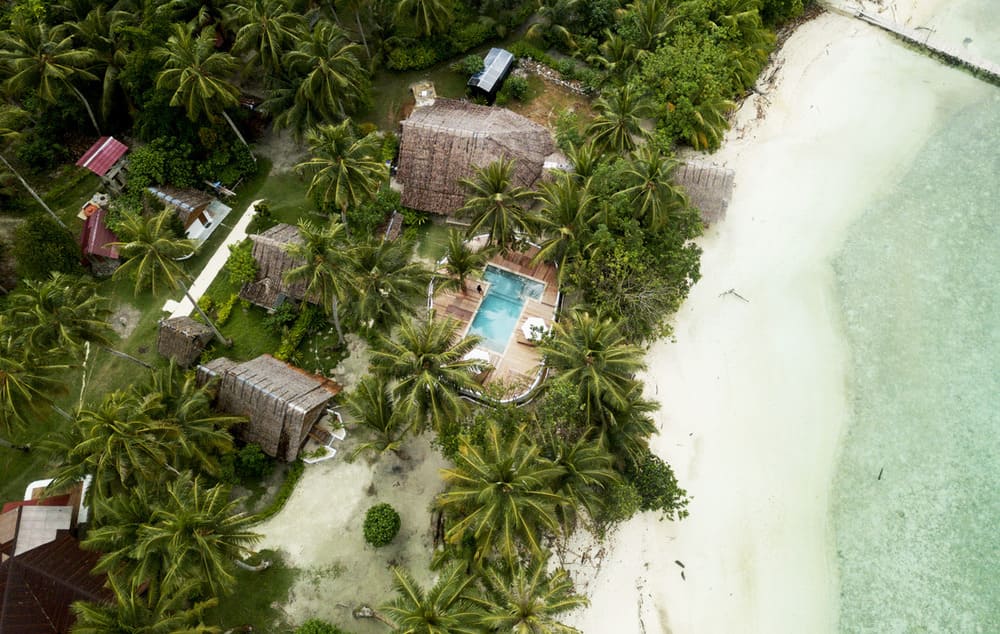- Business Permits and Licensing
To legally operate a surf camp or resort in Mentawai, obtaining business permits is essential. Indonesia’s legal framework for tourism businesses involves both national and local regulations. The main permits required include SIUP (Surat Izin Usaha Perdagangan) for general business operations and TDUP (Tanda Daftar Usaha Pariwisata) specifically for tourism-related enterprises. Additionally, securing an NPWP (Nomor Pokok Wajib Pajak) ensures your business complies with tax regulations. Depending on the location, you may also need a local permit from the Mentawai government, particularly if the land falls under traditional ownership or protected zones. - Land Acquisition and Lease Agreements
Securing land for your surf camp can be complex, especially in Mentawai where much of the land is communal or under indigenous ownership. Land surveys are necessary to verify ownership and ensure there are no disputes. Engaging with local authorities and village leaders can help in securing land use rights. When purchasing land isn’t feasible, long-term lease agreements provide an alternative route, allowing you to establish your surf camp legally while respecting local property laws. - Environmental Impact Assessments (AMDAL)
Environmental sustainability is a critical aspect of surf tourism in Mentawai. Any construction project, including surf camps, must adhere to strict environmental regulations. Conducting an AMDAL (Environmental Impact Analysis) evaluates the environmental effects of your project, ensuring minimal disruption to local ecosystems. Following this, applying for environmental permits becomes necessary, especially for projects near coastal areas. Implementing eco-friendly practices, such as using sustainable building materials and managing waste properly, further demonstrates your commitment to conservation. - Tax Obligations
Running a surf camp involves several tax obligations. Corporate tax applies to profits generated from business operations. Additionally, certain regions impose tourism taxes to support local infrastructure and conservation. Employee taxes must also be factored in, ensuring compliance with labor laws and providing social security for staff. Collaborating with a local accountant simplifies tax management and ensures your business stays in good standing with authorities. - Building Permits and Zoning Laws
If you plan to construct facilities, securing building permits is a vital step. Building plans must align with local zoning regulations and pass approval processes. Submitting detailed architectural designs for approval ensures the project meets construction codes. Obtaining an IMB (Izin Mendirikan Bangunan) legally authorizes the building process. Throughout construction, regular inspections by local authorities help maintain compliance with safety and environmental standards.








